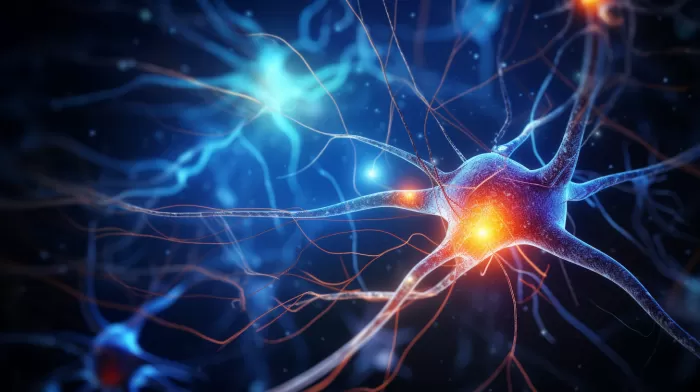Picture this: after a full day of learning and processing information, your brain is firing on all cylinders, soaking up knowledge and making new connections. It seems logical that getting a good night’s sleep would strengthen these connections, solidifying the information you’ve learned throughout the day.
But while many sleep researchers might agree, two scientists from the University of Wisconsin School of Medicine and Public Health believe the opposite to be true. They claim that sleep actually helps to improve brain function by weakening the connections among brain cells, preserving energy, and maintaining the selective response of neurons to stimuli.
Sleep: The Price of Learning
“Sleep is the price the brain must pay for learning and memory,” says researcher Giulio Tononi, of the University of Wisconsin Center for Sleep and Consciousness. He and fellow researcher Chiara Cirelli have developed what they call the “SHY” theory, or synaptic homeostasis hypothesis of sleep. Essentially, it’s the idea that sleep helps the brain maintain a balance in the strength of connections within its nerve cells.
While you’re awake and learning, the synaptic connections throughout your brain are strengthened. This increased strength requires more energy and can saturate your brain with new information. During sleep, however, your brain can “reset,” integrating the newly learned material with consolidated memories and preparing for a fresh start the next day.
According to Tononi, the brain “renormalizes synaptic strength based on a comprehensive sampling of its overall knowledge of the environment, rather than being biased by the particular inputs of a particular waking day.” In other words, sleep allows the neural circuits that have been strengthen through new learning to “damp down” so they don’t interfere with new learning the next day.
Relevance to Daily Life
Our brains are constantly being bombarded with new stimuli and information. This is especially true in our modern, hyperconnected world, where it’s all too easy to feel overwhelmed. In order to function effectively and learn new things, our brains need to maintain flexibility and prioritize what’s important.
This is where the SHY theory comes into play. By weakening the connections among brain cells during sleep, your brain can save energy, avoid cellular stress, and retain its ability to respond selectively to stimuli. This ensures that our brains are better equipped to pay attention and absorb new information during our waking hours.
Sleep’s Relationship to Cognitive Decline and Mental Health
The SHY theory has significant implications for our understanding of cognitive decline and mental health. Maintaining a proper balance of synaptic connections in the brain is crucial to preserving cognitive function and avoiding the onset of neurodegenerative diseases, such as Alzheimer’s disease.
The weakening of synaptic connections during sleep may help stave off cognitive decline by keeping the brain flexible and adaptable. By maintaining the ability to respond selectively to stimuli and prioritize important information, the brain may be better equipped to remain healthy as we age.
Similarly, sleep is often seen as a critical factor in maintaining optimal mental health. People who experience sleep disruptions, such as insomnia, are more likely to experience mood disorders like depression and anxiety. Here, too, the SHY theory could shed light on why sleep is so vital: it helps the brain recalibrate synaptic connections and maintain its ability to process and prioritize stimuli effectively.
Getting the Restorative Sleep Your Brain Needs
We all know how important sleep is, but what can you do to ensure you’re getting the refreshing, restorative sleep your brain needs? Here are some tips to help you optimize your nightly slumber:
- Stick to a consistent sleep schedule: Going to bed and waking up at the same time every day can help regulate your body’s natural sleep-wake cycle and improve overall sleep quality.
-
Create a bedtime routine: Spend some time winding down before you hit the sack. This could include activities like reading, gentle stretches, or relaxation exercises like deep breathing or meditation.
-
Make your sleep environment as comfortable as possible: Ensure your bedroom is cool, dark, and quiet. Invest in a good quality mattress and pillows for optimal support and comfort.
-
Watch what and when you eat and drink before bedtime: Avoid large meals, caffeine, and alcohol close to bedtime. These can interfere with your ability to fall asleep and stay asleep.
-
Get regular exercise: Physical activity during the day can help you fall asleep faster at night and enjoy deeper, more restful sleep. Just be sure to finish exercising at least three hours before bedtime to avoid stimulating your body too close to bedtime.
By incorporating these strategies into your daily routine, you’ll be better equipped to support the essential work your brain does during sleep, ensuring you’re ready to tackle new tasks and learn new information each and every day.



